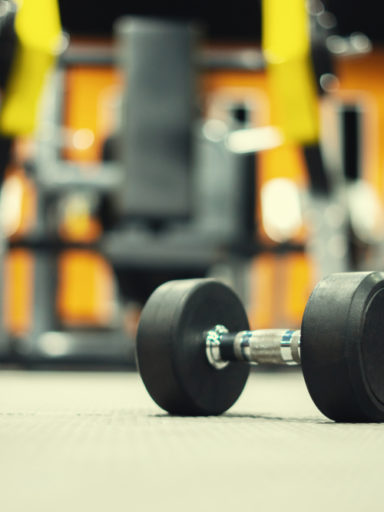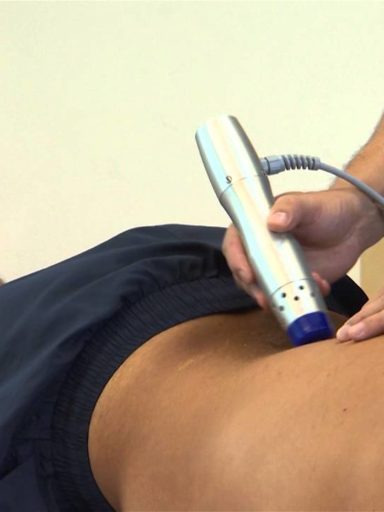Completing a medical detox is a milestone worth celebrating, but it is only the prologue to long-term recovery. Without a solid aftercare plan, the brain and body—still healing from substance use—remain vulnerable to stress, triggers, and complacency. Los Angeles offers an extensive ecosystem of support services, peer networks, and holistic resources to help you safeguard your new sobriety and build a fulfilling life.
Graduates often cite the Detox Los Angeles community as a crucial source of accountability once formal treatment ends.
Why Aftercare Matters
Scientific studies track relapse rates as high as 40–60 percent in the first year after detox. Brains recovering from alcohol, opioids, or stimulants can take months—sometimes years—to restore balanced dopamine production, executive functioning, and stress-response pathways. A comprehensive aftercare program provides:
- Structure: Daily or weekly commitments that reduce idle time.
- Accountability: Therapists, sponsors, and peer groups notice warning signs early.
- Skill-Building: Ongoing therapy teaches emotional regulation and relationship repair.
- Community: Healthy friendships replace substance-centered social circles.
Building a Sustainable Routine
Morning Mindset
- Hydrate and Nourish: Begin with 16 ounces of water and a balanced breakfast to stabilize blood sugar and mood.
- Five-Minute Check-In: Journaling or a brief meditation sets daily intentions.
- Movement: A walk around Echo Park or a yoga flow boosts endorphins and combats early-recovery lethargy.
Daytime Anchors
- Employment or School: Returning to work or enrolling in classes reinstates purpose and financial stability. If a full schedule feels overwhelming, consider part-time hours or volunteer positions at local nonprofits while stamina builds.
- Therapy Appointments: Weekly individual or group sessions reinforce coping strategies. Many LA clinicians offer telehealth, minimizing transit stress.
- Nutrition on the Go: Pack protein-rich snacks—almonds, turkey rolls, hummus cups—to avoid impulsive fast-food stops that spike cravings.
Evening Wind-Down
- Support Meetings: SMART Recovery in Santa Monica, Refuge Recovery in West Hollywood, or 12-step groups throughout the county provide nightly options. Aim for at least three meetings a week during your first ninety days.
- Digital Detox: Limit social media to thirty minutes; overstimulation can trigger restlessness.
- Sleep Hygiene: Lights out by eleven o’clock, with screens off thirty minutes prior, enhances REM cycles vital for cognitive repair.
Continuing Clinical Care
- Intensive Outpatient Program ( IOP )
Three to five days per week of therapy, relapse-prevention classes, and urine screens keep you accountable while living at home.
- Medication-Assisted Treatment ( MAT )
Naltrexone, buprenorphine, or acamprosate can curb cravings. MAT works best when combined with counseling.
- Dual-Diagnosis Support
If anxiety or depression predates your substance use, coordinate with a psychiatrist. Stabilizing mental health lowers relapse risk dramatically.
Harnessing Peer-Based Accountability
- Sober Living Homes: Shared houses in areas like Silver Lake or Culver City enforce curfews, chore lists, and random testing—an ideal bridge between detox and independent living.
- Alumni Programs: Many detox centers organize monthly BBQs, hiking trips, or beach clean-ups where graduates reconnect and mentor newcomers.
- Online Forums: The Detox Los Angeles community offers discussion boards, virtual coffee chats, and live Q&A sessions with addiction specialists.
Healthy Relationships and Boundary Setting
Early recovery can strain friendships and family dynamics. To keep interactions supportive:
- Communicate Needs Clearly: Explain triggers and outline situations—bar outings, holiday parties—where you may need additional support or a quick exit.
- Practice Saying “No.” Role-play with a sponsor or therapist until you feel confident declining offers of alcohol or other substances.
- Identify Codependency Patterns: Attend Al-Anon or CODA meetings if you or loved ones struggle with unhealthy caretaking behaviors.
Managing Triggers in a City Full of Temptations
Los Angeles nightlife and high-stress commutes can challenge sobriety. Tools to stay on track include:
- Geographic Shields: Choose housing away from former haunts; consider neighborhoods with parks and wellness studios.
- Crisis Contacts: Program your phone with a sponsor, sober friends, and local ride-share numbers to leave risky environments quickly.
- Mindful Commuting: Podcasts on recovery, guided breathing apps, or audiobooks transform traffic delays into growth opportunities.
Leveraging LA’s Wellness Scene
- Outdoor Recreation: Surf lessons in Malibu, rock climbing in Griffith Park, or cycling the Strand convert exercise into adventure.
- Farmers’ Markets: Fresh produce supports liver detoxification and neurotransmitter synthesis. Sampling seasonal fruits adds variety and enjoyment to meal planning.
- Creative Arts: LA’s vast art classes, open-mic nights, and film workshops offer outlets for expression—vital when words fall short.
Celebrating Milestones Without Substances
Sobriety birthdays, job promotions, or personal achievements deserve recognition:
- Host a mocktail party featuring kombucha flights.
- Book a weekend retreat in Joshua Tree with yoga and star-gazing.
- Treat yourself to a sound-bath session or a ticket to the LA Philharmonic.
Positive reinforcement wires the brain to associate reward with sober living rather than drug use.
Preparing for Setbacks
Relapse is not inevitable, but planning for it reduces damage:
- Warning-Sign List: Irritability, skipping meals, isolation—note personal red flags.
- Action Plan: Immediate call to sponsor, emergency therapy appointment, and attendance at the next available meeting.
- Self-Compassion: View slips as data, not moral failure; refine your prevention strategy accordingly.
Final Thoughts
Life beyond detox is a marathon, not a sprint. By weaving together structured routines, clinical support, peer accountability, and the vibrant wellness culture unique to Los Angeles, you can transform early sobriety into a thriving, purpose-driven existence. Lean on the Detox Los Angeles community whenever doubts arise, celebrate each incremental victory, and remember: recovery is not just the absence of substances—it is the presence of a life you’re excited to live.



